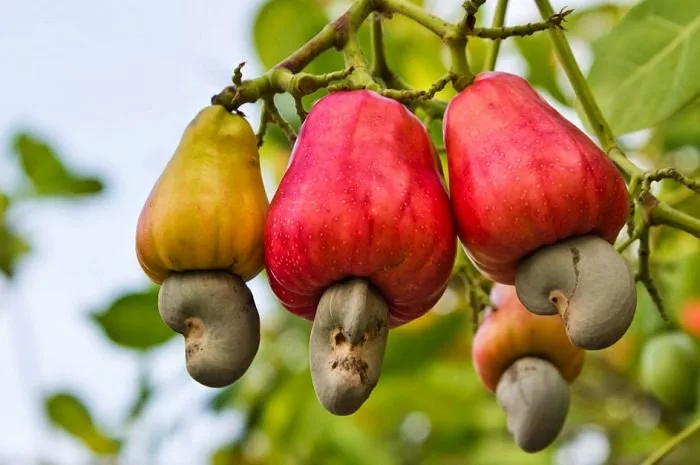Nigeria is a significant player in the global cashew nut production industry, being one of the top cashew-producing countries in the world. Cashew nuts are a valuable agricultural commodity in Nigeria, contributing to the country’s economy, job creation, and foreign exchange earnings.
Over the years, Nigeria has seen steady growth in cashew nut production. According to data from the Food and Agriculture Organization (FAO), Nigeria produced approximately 220,000 metric tons of cashew nuts in 2020. The country’s cashew production has witnessed fluctuations due to various factors, including weather conditions, market demand, and government policies.
Cashew nut production in Nigeria is concentrated in several states, with the major producing regions located in the southern part of the country. States like Ogun, Kogi, Benue, Enugu, Anambra, and Kwara are among the leading cashew-producing states. These regions provide favorable agro-climatic conditions for cashew cultivation, including well-distributed rainfall and suitable temperatures.
Cashew nuts are one of Nigeria’s major non-oil export commodities. The country exports a significant portion of its cashew production to international markets, including the United States, Vietnam, India, and Europe. The export revenue from cashew nuts contributes to Nigeria’s foreign exchange earnings and helps support the national economy.
The cashew nut industry plays a vital role in providing employment and livelihood opportunities for millions of Nigerians. From farm cultivation to processing and distribution, the cashew value chain employs a considerable number of people in both rural and urban areas. Smallholder farmers make up a significant portion of the cashew nut producers, contributing to poverty reduction and rural development.
Despite its potential, cashew nut production in Nigeria faces several challenges that hinder its full growth and competitiveness in the global market. Some of the key challenges include:
Poor Processing Infrastructure: Nigeria lacks modern and efficient processing facilities for cashew nuts. The limited availability of processing plants hampers value addition and results in significant post-harvest losses.
Quality Control: Maintaining consistent quality standards is essential for accessing high-value export markets. Inadequate quality control measures at various stages of the value chain can affect the reputation and competitiveness of Nigerian cashew nuts.
Pests and Diseases: Cashew plantations are susceptible to pests and diseases, which can reduce yields and impact overall production. Adequate pest management strategies and disease control measures are necessary to safeguard the crops.
Access to Finance: Many smallholder farmers and cashew processors struggle to access affordable finance and credit, limiting their ability to invest in modern farming techniques and processing technologies.
Despite the challenges, there are several opportunities for the growth and development of the cashew nut industry in Nigeria:
Investment In Processing: Increasing investment in modern processing facilities will add value to cashew nuts, create employment, and reduce post-harvest losses.
Research And Development: Investing in research and development to improve cashew varieties, increase yields, and enhance disease resistance will strengthen the sector’s competitiveness.
Export Diversification: Exploring new markets and diversifying cashew exports can reduce reliance on a few key destinations and mitigate the impact of fluctuations in global demand.
Capacity Building: Training and capacity building for farmers and stakeholders along the value chain can enhance productivity, quality, and efficiency.
Cashew nut production in Nigeria is a vital component of the country’s agricultural sector and economy. With its potential for job creation, export earnings, and poverty reduction, there is a need for strategic interventions, including investment in processing infrastructure, research and development, and capacity building. Addressing the challenges and seizing the opportunities will be critical for Nigeria to strengthen its position in the global cashew nut market and harness the full potential of this valuable commodity





